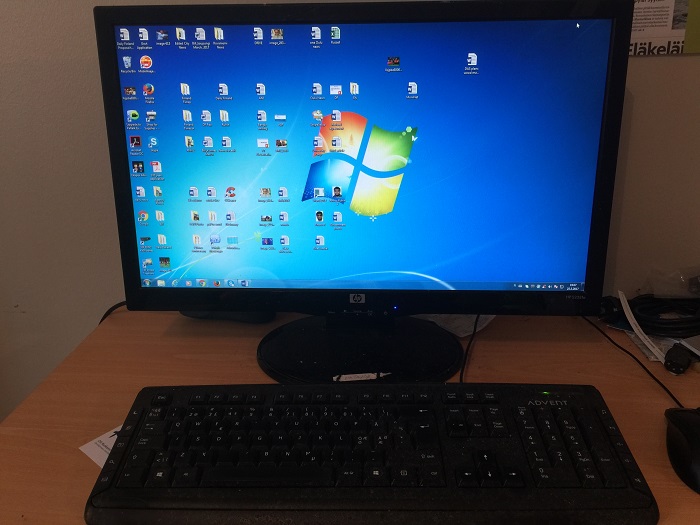IT studies now compulsory at Swiss upper secondary schools
Published : 05 Aug 2018, 01:04
Computer science is now obligatory at Swiss upper secondary schools as the Alpine nation seeks to boost its citizens' information technology (IT) skills, the education ministry announced this week.
Schools tailored for pupils who typically go on to university have until the school year 2022/3 to introduce the compulsory lessons under a regulation change that came in on Aug. 1, the Swiss national day.
Previously, IT had the status of a non-obligatory supplementary subject, Swiss public television, RTS, reported.
Pupils will learn programming basics as well as about computer networks and digital communication security issues.
They should also develop a "well-versed understanding of developments in the information society," according to an education ministry statement issued in late June.
The change was made due to the "rising importance in society" of information and communication technologies (ICT), said the ministry.
There is currently a strong demand for IT specialists, but those in the field say there are not enough skilled workers to fill these positions, reported Swissinfo, the website of the national broadcaster.
"We don't have any problem finding people for the helpdesk, which is quite easy in IT terms, but it's much more complicated to find developers," Lionel Rieder, co-founder of website developer Raccoon in Neuchâtel, told RTS.
He said his company looks for schools that have a high level of IT teaching, but he noted it is difficult to find someone with a Federal Vocational Education and Training (VET) diploma (awarded after three or four years of apprenticeship) with a good knowledge of computer development.
According to statistics shown in the RTS report, some 90,000 people were employed in Swiss IT professions in 1991.
This had risen to 210,800 by 2015. By 2024 there is expected to be a shortfall of almost 25,000 IT specialists.
The obligatory IT lessons have the approval of Martin Vetterli, president of the Swiss Federal Institute of Technology Lausanne (EPFL).
He told RTS that the decision came at the right time because "we need to catch up a bit in the IT area" as "the digital revolution is happening, and people need the right training."


